Keywords: University Of Melbourne
There are more than 200 results, only the first 200 are displayed here.
-
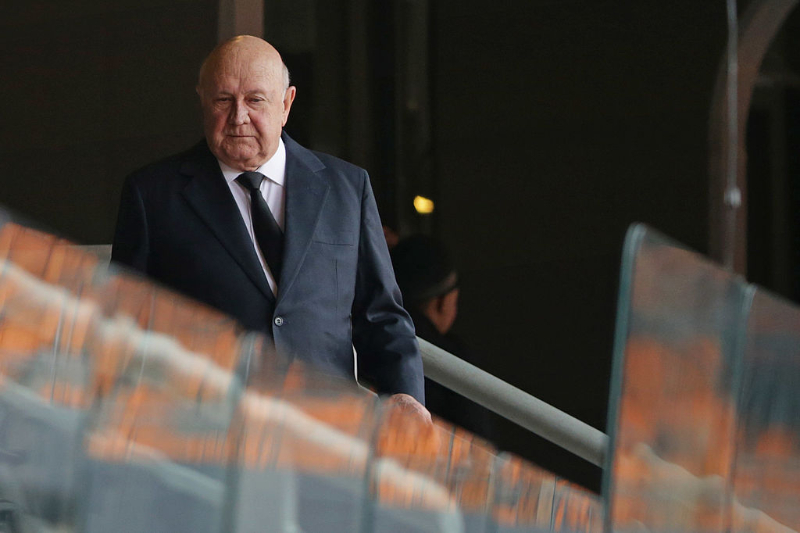
INTERNATIONAL
- Binoy Kampmark
- 23 November 2021
51 Comments
The passing of South Africa’s last apartheid president, FW de Klerk, raises pressing questions about a complex historical character who, according to his brother, Willem de Klerk, slowly outgrew apartheid. In a critical sense, he was bound, understandably, by both time and context: race, the need to defend a racial hierarchy, the historical role of a segregationist system that saw his all-white National Party retain power for decades.
READ MORE 
-
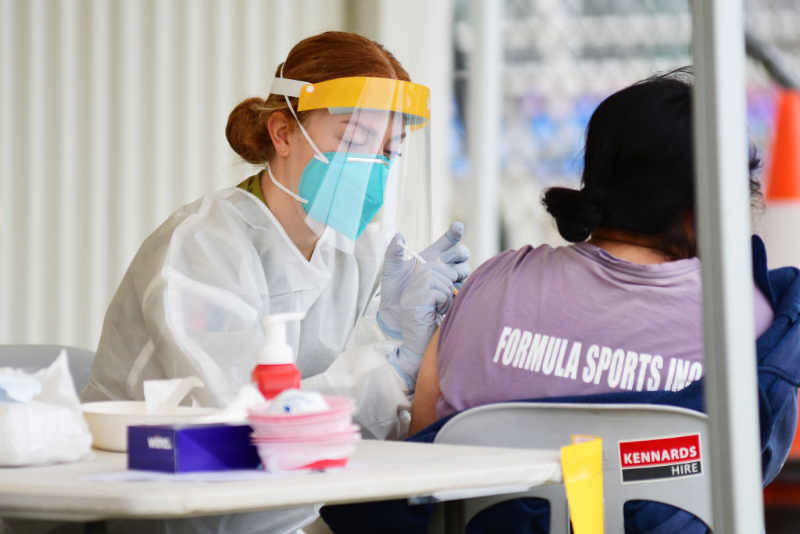
AUSTRALIA
- Brian McCoy
- 22 November 2021
10 Comments
We are now watching the entry of the Delta variant into the Northern Territory and with increasing concern about its possible spread across First Nations communities who vary greatly with their vaccination rates. This question was posed last Friday (19/11) on the ABC’s Coronacast: ‘Why is Indigenous vaccination so patchy?’
READ MORE 
-
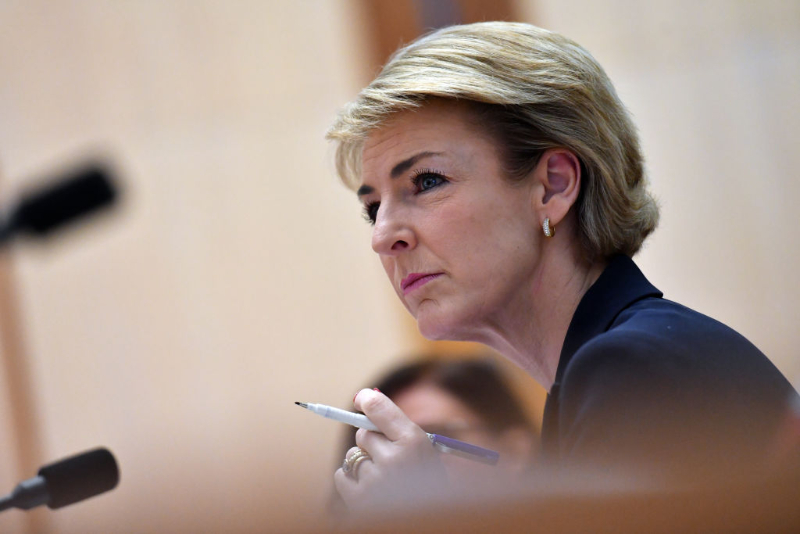
AUSTRALIA
- Frank Brennan
- 17 November 2021
63 Comments
It’s four years since the Australian Parliament amended the Marriage Act 1961 to provide that marriage means ‘the union of two people to the exclusion of all others’. The legislation followed the plebiscite on same sex marriage. To address the concerns of some religious groups, Prime Minister Malcolm Turnbull set up an expert panel chaired by long time Liberal Party minister Philip Ruddock to report on whether Australian law adequately protected the human right to freedom of religion.
READ MORE 
-
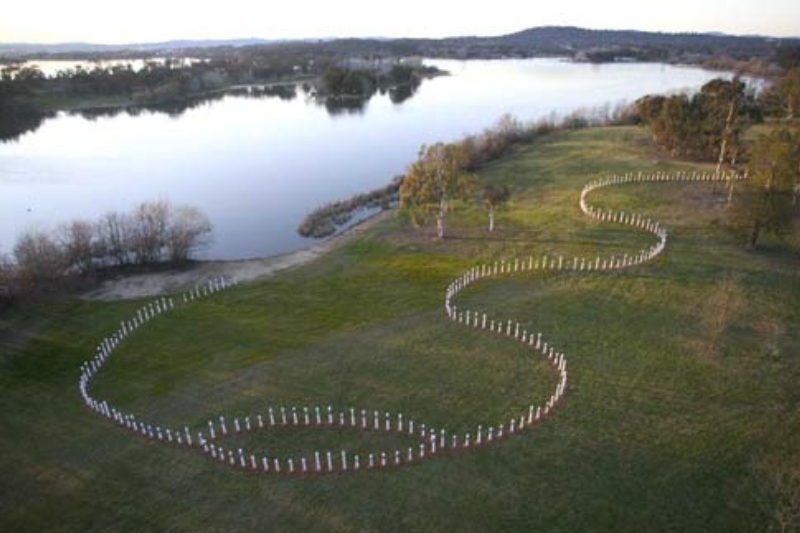
INTERNATIONAL
- Binoy Kampmark
- 01 November 2021
38 Comments
Two decades ago, an Indonesian vessel given the name SIEV X sank with loss of life that should have caused a flood of tears and a surge of compassion. Instead of being seen in humanitarian terms, the deaths of 353 people became a form of rich political capital, placed in the bank of opportunism to be amortised at a federal election.
READ MORE 
-

AUSTRALIA
- Tim Dunlop
- 26 October 2021
2 Comments
We are in the midst of what is being called the ‘the Great Resignation’, with millions of workers rethinking the place of work in their lives, and WFH is a huge part of this. According to a report by Microsoft, ‘over 40 per cent of the global workforce [is] considering leaving their employer this year’ and hybrid work — a combination of home and office work — is here to stay.
READ MORE 
-

AUSTRALIA
- Paul Mitchell
- 19 October 2021
2 Comments
Millions of Australians are slowly emerging from another lockdown and it’s again reported our mental health has suffered. The Victorian Government recently announced 93,000 hours for mental health clinicians to work across the state, and the delivery of 20 pop-up community mental health sites.
READ MORE 
-

AUSTRALIA
- Frank Brennan
- 18 October 2021
11 Comments
The High Court decision has been confusing for many people because it both upheld Ridd’s right to intellectual freedom and the university’s entitlement to sack him for breaches during disciplinary proceedings which had followed upon two wrongly argued censures. Basically, Ridd won on the point of intellectual freedom but he lost on the other aspects of his behaviour which had nothing to do with the exercise of intellectual freedom.
READ MORE 
-
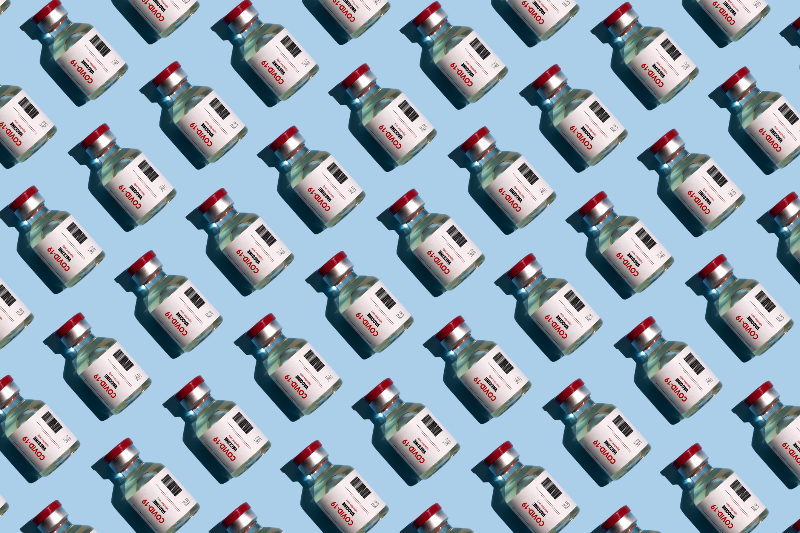
INTERNATIONAL
- Binoy Kampmark
- 14 October 2021
13 Comments
With the world clearly divided between those vaccinated against COVID-19 and those who are not, ethicists, public health specialists and politicians have become more preoccupied by the prospect of booster shots.
READ MORE 
-
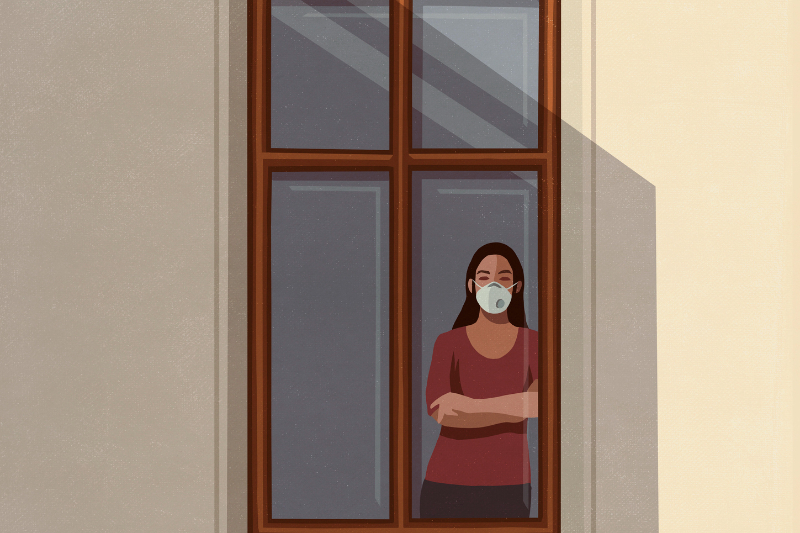
ARTS AND CULTURE
- Jennifer Gribble
- 14 October 2021
8 Comments
Well before the pandemic, the future for poetry’s slim volumes was looking far from healthy. Last November, the threatened closure of UWA Press, one of the largest publishers of poetry in Australia, drew attention to the narrowing opportunities for emerging poets to make their mark.
READ MORE 
-

RELIGION
- Bill Uren
- 05 October 2021
15 Comments
As a result of the pandemic, like other religious observances, the availability of the Sacrament of Penance has been drastically curtailed, and it is unlikely that recourse to the sacrament will be as frequent as previously even when the restrictions are lifted. Further, the confidence of the laity in the inviolability of the seal has, understandably, been undermined, a consequence of which may again be that recourse to the sacrament will be in decline.
READ MORE 
-
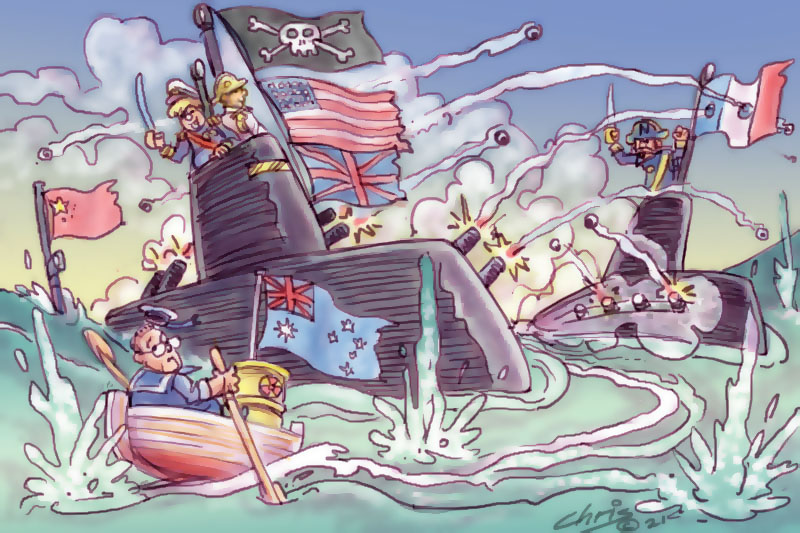
INTERNATIONAL
- Binoy Kampmark
- 20 September 2021
31 Comments
Defence is a costly business, and few branches of defence are more costly, and questionable, than a country’s submarine capability. Since 2009, Project SEA 1000, the name for Australia’s Future Submarine program, has fascinated strategists and defence planners. In 2016, this resulted in an agreement with the French submarine company DCNS (now called Naval Group) to build an un-designed attack class vessel. Other contenders in the competitive tender — Germany and Japan, for instance — had existing models.
READ MORE 
-
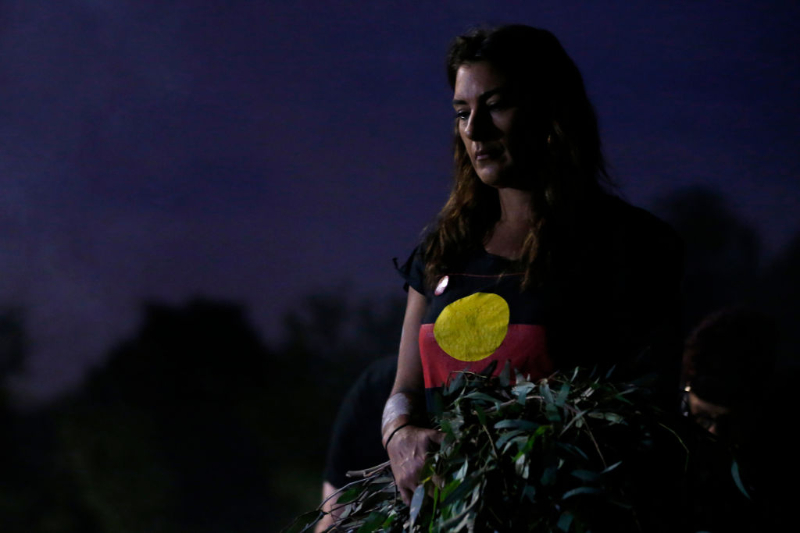
AUSTRALIA
- Zachary Wone
- 16 September 2021
16 Comments
The movement for genuine and long overdue truth telling about Australian history has gained considerable momentum in recent years. The Frontier Wars in particular has emerged as one of, if not the most significant untold stories which it is now broadly agreed must be included in any such process.
READ MORE 